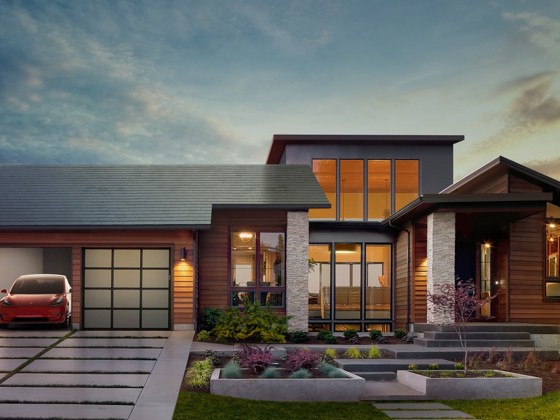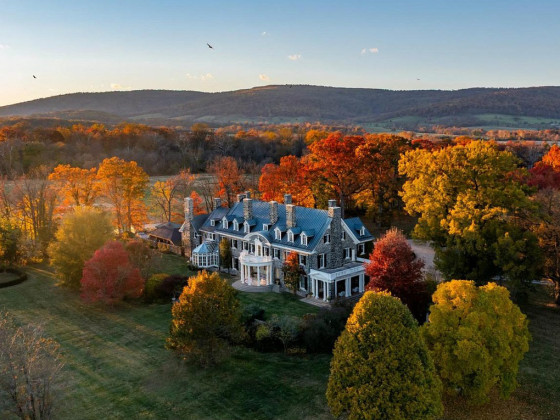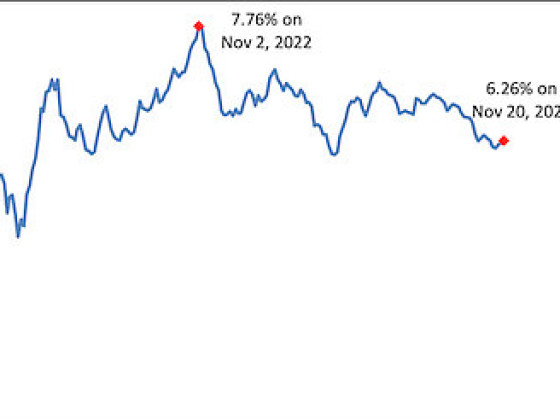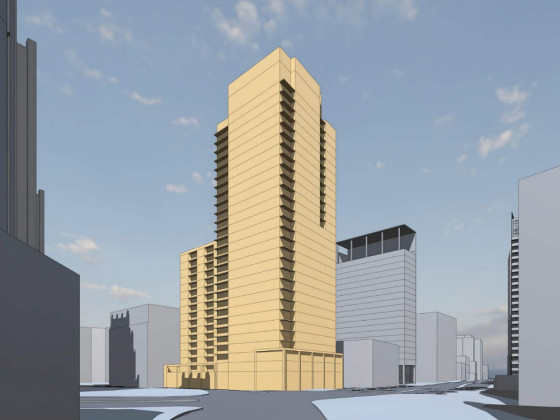 Zoning Changes in Depth: Alley Dwellings
Zoning Changes in Depth: Alley Dwellings
✉️ Want to forward this article? Click here.
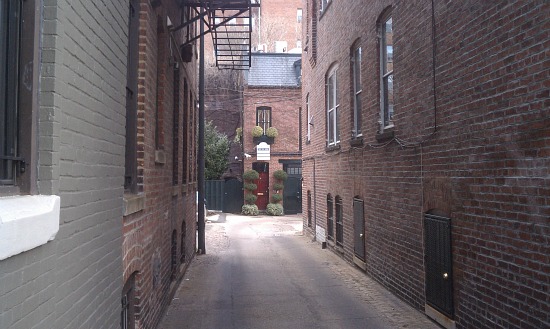
In light of the DC Zoning Commission’s unanimous approval of various amendments to city zoning regulations in January, UrbanTurf has been exploring and explaining what some of these changes will mean come September. This week, we are taking a closer look at the new rules related to alley lots and alley dwellings.
Alley lots are defined as plots of land which do not face or abut a street, but rather face an alley. These lots do not necessarily share ownership with the street-fronting building on the same site. Alley lots are prevalent in the older neighborhoods of Wards 2 and 6, especially areas like Georgetown and Capitol Hill.
Alley lot regulations have traditionally been highly use-restrictive in residential zones, with parking, storage and studio space being the most commonly allowed uses, and alley dwellings only permitted in certain instances. Currently, single-family dwellings on an alley lot can only be erected along 30-foot wide alleys or alley networks. The allowable height of an alley dwelling is typically limited to the width of the alley it fronts. Any alley dwellings which don’t adhere to these restrictions require a variance approval from the Board of Zoning Adjustment (BZA).
story continues below
loading...story continues above
As of September, the following changes will go into effect for alley dwellings:
- Alley dwellings will be permitted by-right in R-3, R-4 and R-5 zones in the city along 24-foot wide alleys, and on certain lots within 300 feet of a public street if the alley measures at least 15 feet wide.
- Single-family alley dwellings will also be allowed in other cases with a BZA special exception, pending input from DC Water, District Department of Transportation (DDOT), Department of Public Works (DPW), the local Advisory Neighborhood Committee, or other interested parties wherever applicable.
- Pre-existing alley lots must have a minimum square footage of 450 square feet in order for a dwelling to be built.
- Alley dwellings will also be subject to setback requirements and a height limit of 20 feet in residential zones. The height limit for alley dwellings in commercial zones will be 30 feet.
- In low-density residential zones (R-1 and R-2), alley dwellings will not be allowed.
- Multi-family alley dwellings could potentially be permitted in commercial zones, although they will remain prohibited in residential zones.
- Large alley lots can be split into more than one lot if square footage requirements are still met.
Similar Posts:
- Zoning Changes in Depth: DC’s New Parking Requirements
- Zoning Changes in Depth: Accessory Apartments
- Is a New Corner Store Coming to Your Neighborhood?
See other articles related to: alley dwellings, alleys, zoning, zoning changes
This article originally published at http://dc.urbanturf.production.logicbrush.com/articles/blog/zoning_changes_in_depth_alley_dwellings/10898.
Most Popular... This Week • Last 30 Days • Ever

With frigid weather hitting the region, these tips are important for homeowners to ke... read »
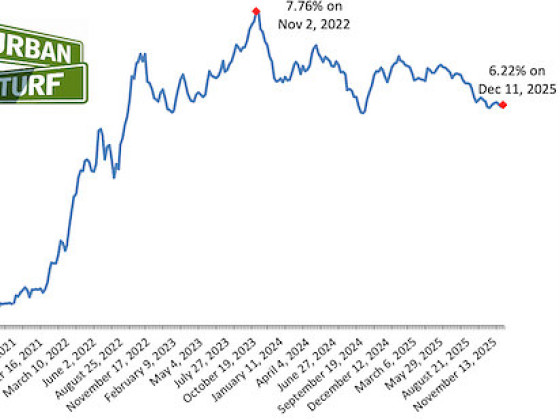
Today, UrbanTurf offers a brief explanation of what it means to lock in an interest r... read »
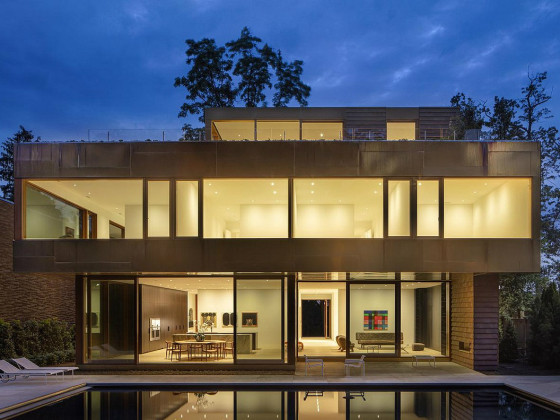
The number of neighborhoods in DC where the median home price hit or exceeded $1 mill... read »
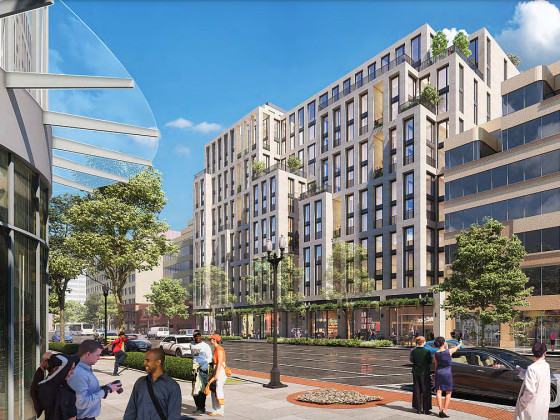
An application extending approval of Friendship Center, a 310-unit development along ... read »
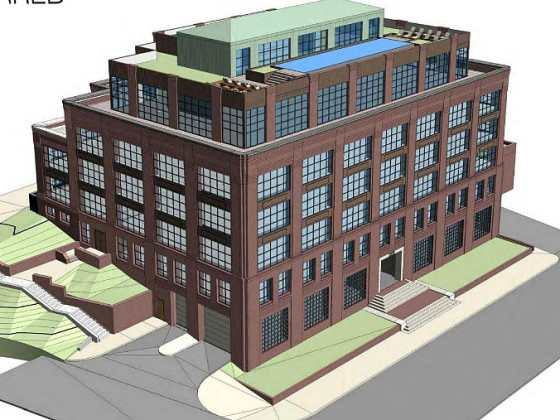
A key approval could be coming for a proposal to convert a Georgetown office building... read »
DC Real Estate Guides
Short guides to navigating the DC-area real estate market
We've collected all our helpful guides for buying, selling and renting in and around Washington, DC in one place. Start browsing below!
First-Timer Primers
Intro guides for first-time home buyers
Unique Spaces
Awesome and unusual real estate from across the DC Metro





